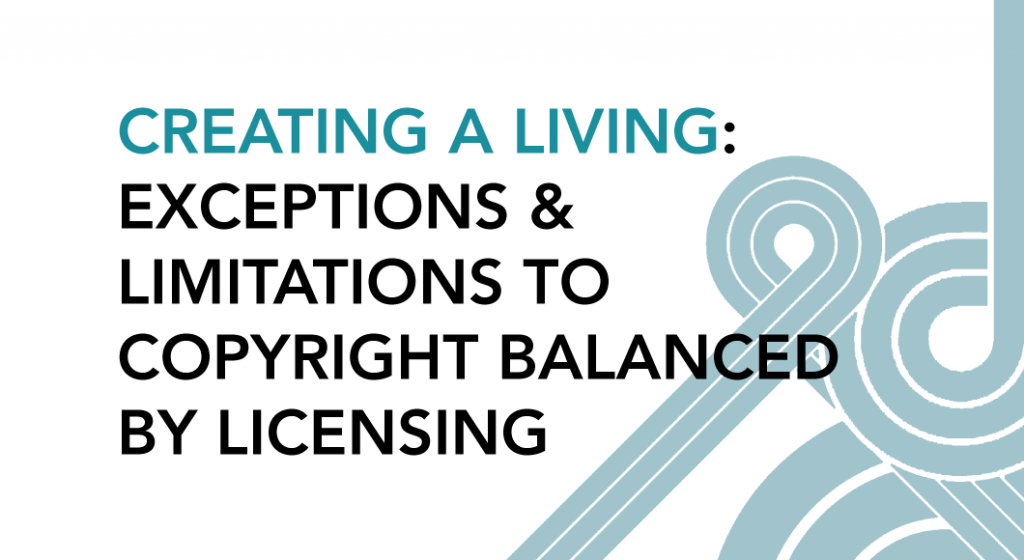Essentially, this is what the IPA has been arguing for years at WIPO’s Standing Committee for Copyright and Related Rights (SCCR) where some parties are seeking enhanced or free access to educational works through an international treaty. The IPA has stood firm, saying that publishers already offer a large range of licensing solutions for users; that education is inherently a national issue and there is therefore no need for an international treaty; that broadened exceptions and limitations will severely undermine the business models of educational publishers; and that a one-size-fits-all approach is the wrong way to develop high-quality educational resources.
The COVID pandemic has not altered this. On the contrary, publishers responded quickly to provide licensing solutions tailored to the needs of users. STM publishers immediately made COVID related research available for free, and in many countries, educational publishers provided schools and students with free access to educational materials for the time necessary for educational authorities to adapt. All of this was possible because of the innate flexibility and resilience of copyright. The ‘death of a thousand cuts’ that sees exceptions and limitations broaden and proliferate would have weakened the ability of educational publishers to respond to the crisis, which would have been detrimental to schools, teachers and, most importantly, students.

